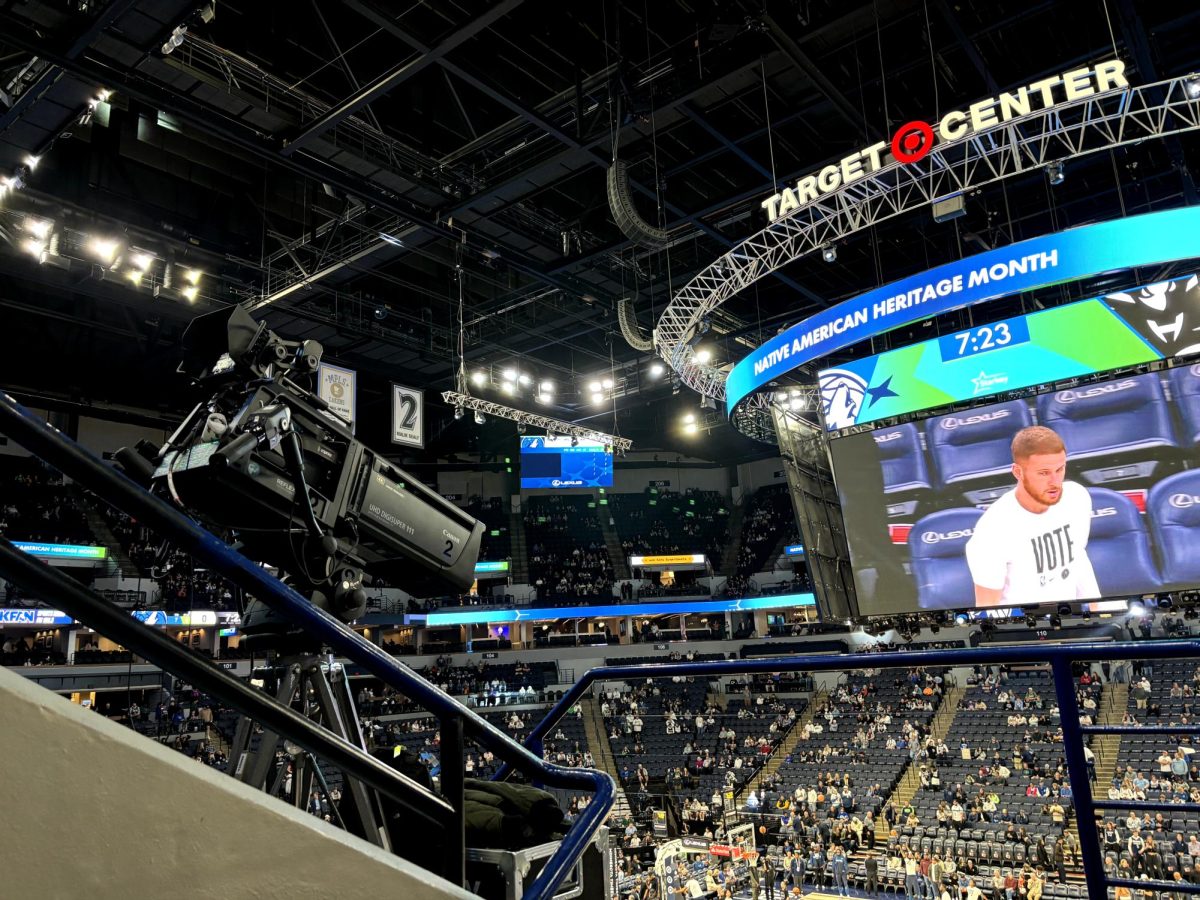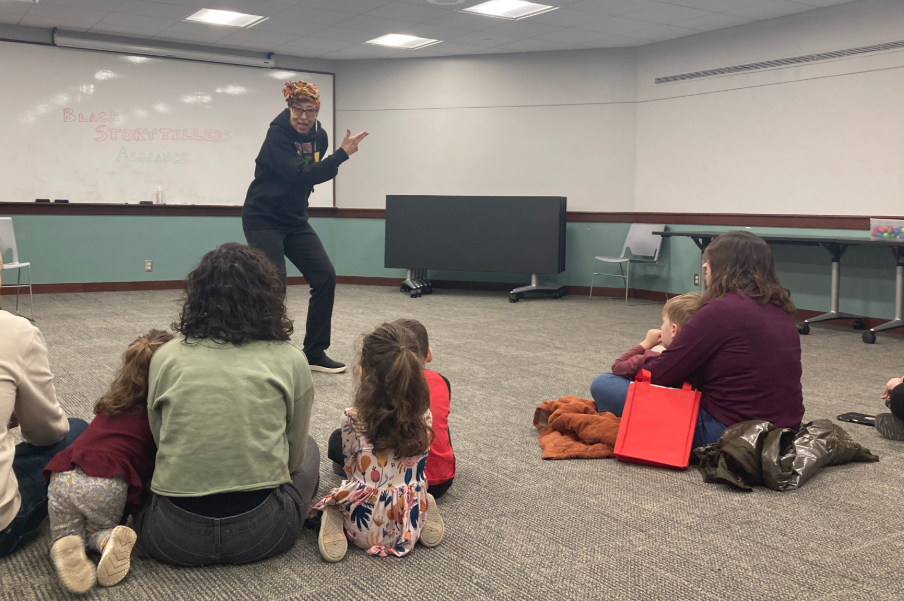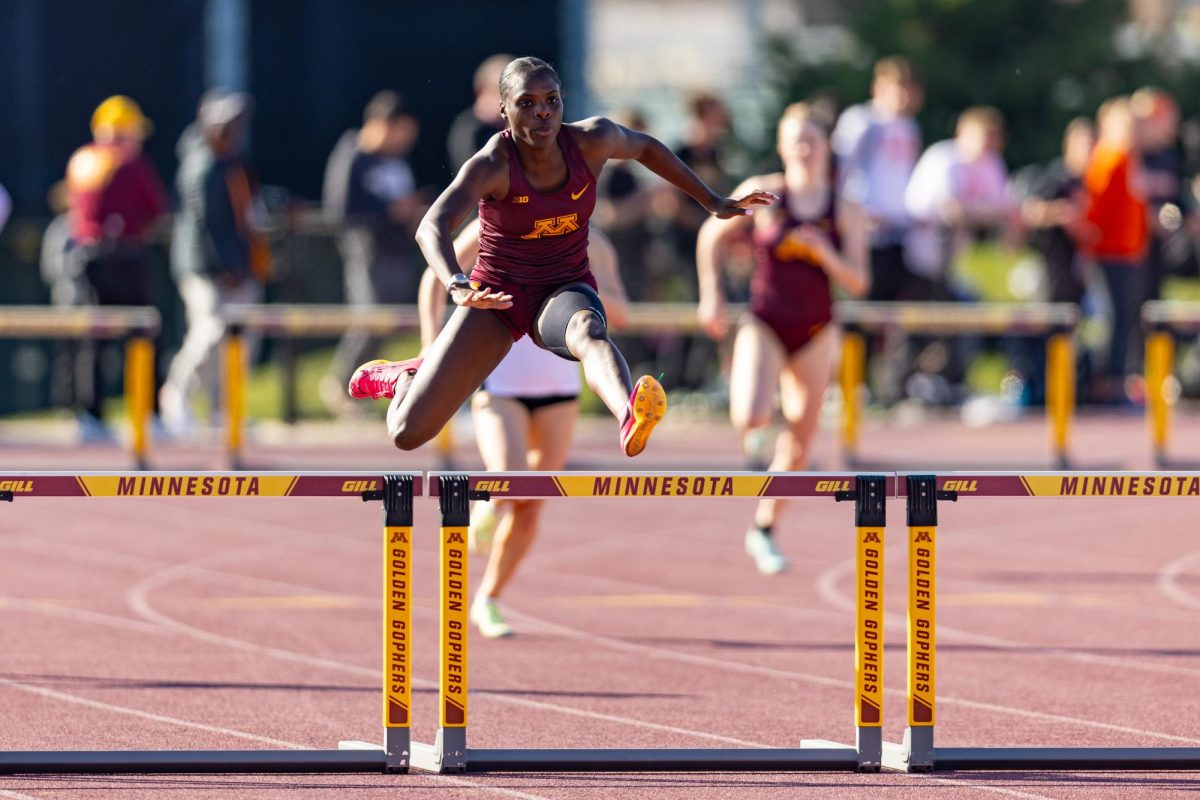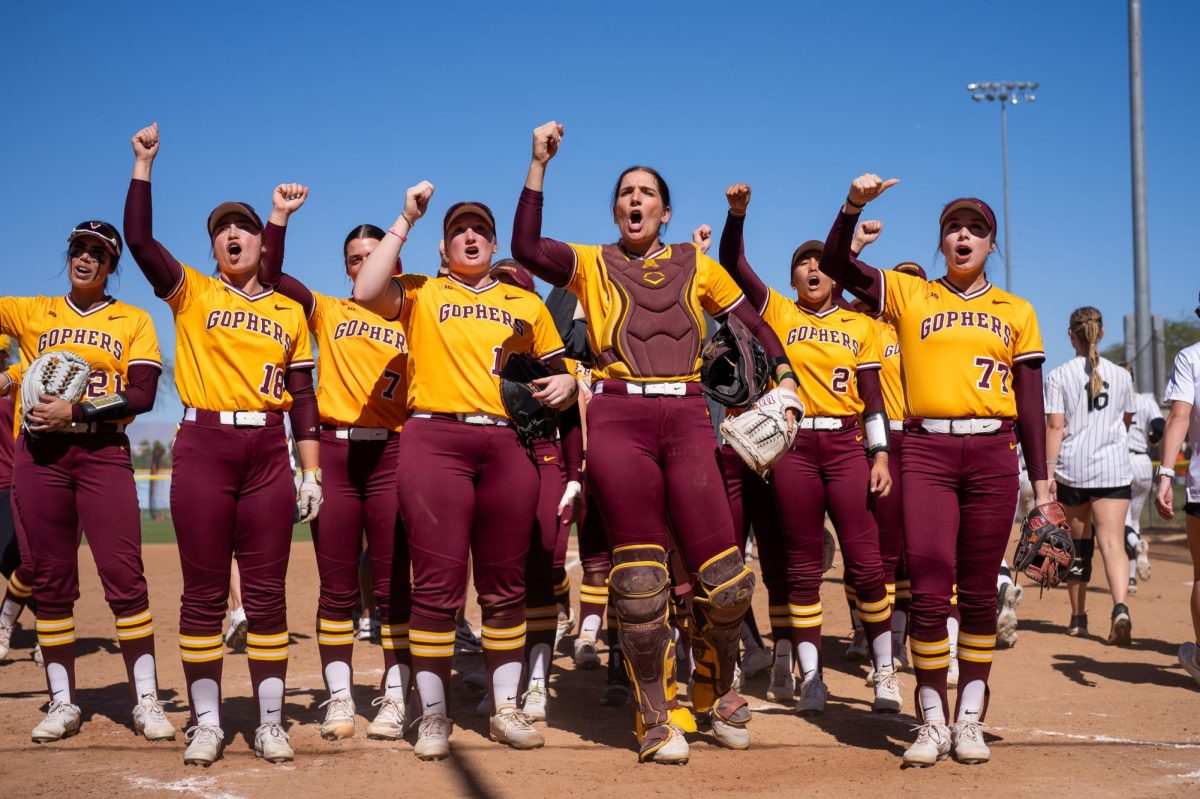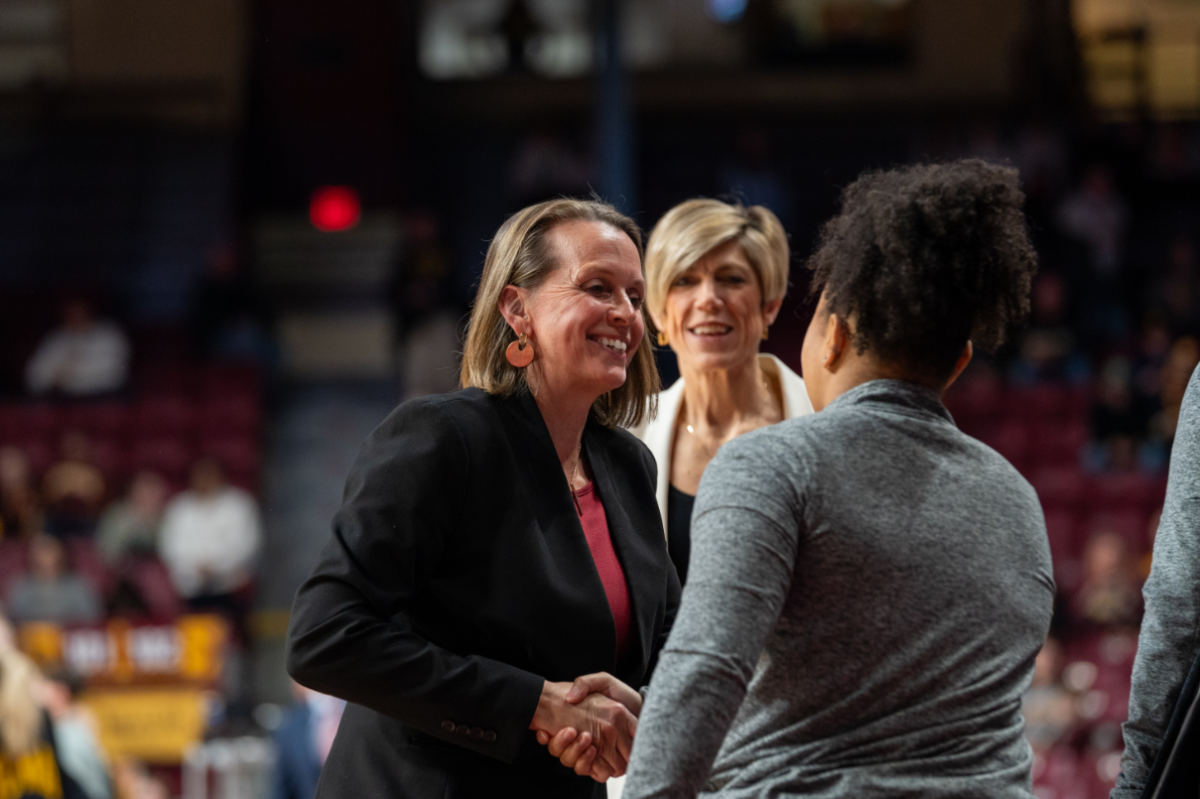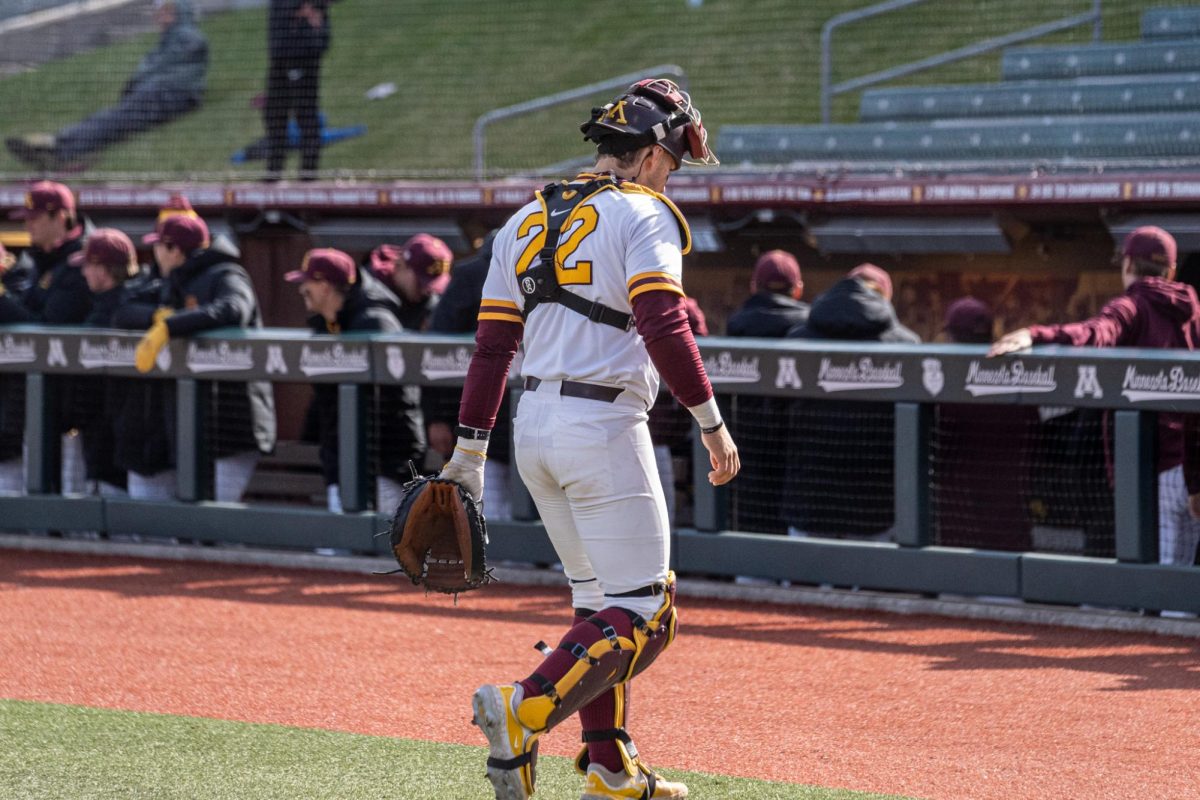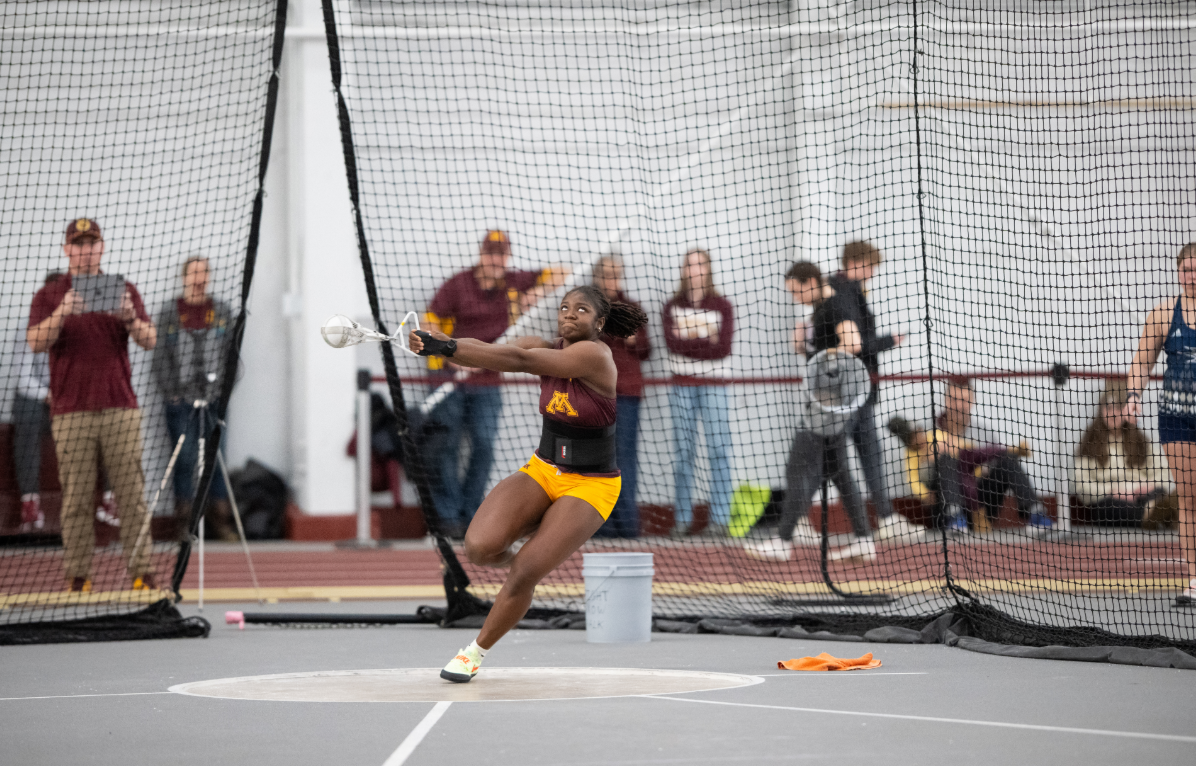The Minnesota Timberwolves and Lynx in-house audio-visual crew filed for union recognition under the International Alliance of Theatrical Stage Employees (IATSE) Local 745.
If successful, the crew will become Minnesota’s second in-house sports group to unionize after Minnesota United. IATSE is the biggest broadcast union in the U.S. with the local union having over 100 members.
Union activists said they are underpaid and need more retirement, healthcare and benefits.
Since the Timberwolves’ first season in 1989, IATSE Local 745 Business Representative Charlie Cushing said the Timberwolves crew received three raises — in 1997, 2016 and 2022. It is unknown if management gave another raise recently as the payroll period has not been released yet. Cushing said another raise could be on the way with a union.
This is not the first union attempt for the Timberwolves and Lynx audio-visual crew, Cushing said. The first unionization attempt for the crew was in 2016 after a raise was not given in nearly 20 years and management misclassified the crew as independent contractors.
If classified as independent contractors, the crew could not be organized, Cushing said.
“There’s a number of criteria that determine whether you’re an employee or an independent contractor, and the short version is if your employer tells you what time to show up and leave for work, when to go to lunch, when to come back from lunch, what to wear, and if they’re providing the tools that you’re using to use your job, you are not an independent contractor,” Cushing said.
The Federal National Labor Relations Board Regional 18 in Minneapolis ruled in favor of independent contractor status, causing Cushing and the crew to appeal to the Federal National Labor Relations Board. The federal board overturned the regional decision in 2016.
After the Minnesota United unionized in 2022, the Timberwolves crew reached out to Cushing and started organizing a campaign.
“Our group is overwhelmingly in favor of this, and they’re sick and tired of being ignored and hoping and having to believe that things will improve because again, history just doesn’t show that things are going to improve,” Cushing said.
Josiah Wollan, who works for the United and Timberwolves in-house teams, said he has been making around $100 more per game since the United’s union contract. Wollan is an active voice in the Timberwolves crew’s unionization efforts.
Wollan said the crew consists of people under 30, current college students and recent college graduates. He added that sports teams take advantage of the surplus of people who want to work in sports by having replacements handy for those unsatisfied with their compensation.
“So many people would love to be that close to the action and working for their favorite sports teams,” Wollan said. “In this industry, that’s preyed on.”
Wollan started working for the Timberwolves during the first unionization attempt in 2016 while he was a student at the University of Minnesota. He said he felt confused and uninformed during the election since he was new to the organization, so he abstained from voting, which ended up not passing.
According to the crew’s X (formerly known as Twitter) account, the Timberwolves and Lynx emailed workers on Wednesday encouraging them to vote against the union.
Wollan said an effective tactic in union-busting is using its uncertainties to convince workers to vote against the union. He said management telling undecided employees about union dues or saying it would create a hostile workplace environment can persuade an employee to vote against the union.
“They try to turn the union into this boogeyman,” Wollan said.
Wollan said though union dues exist, raises, like the ones United received, end up covering the cost of dues and then some. He also said the union at United has not affected the working dynamics between management and employees.
In addition to raises, Wollan said the goal of the union is to pressure management for health care coverage and retirement contributions, as well as more attention being given to worker safety. Wollan said players occasionally collide with camera workers and that the weight of holding the cameras can build pressure on their backs over time.
“All it does is move money from these rich owners over to their employees, which is the way it should be,” Wollan said.
Cushing said following winning the election, he and the crew want to negotiate a contract guaranteeing annual raises, health care contributions, retirement benefits and a daily guarantee to prevent workers from getting overbooked by management.
Justin Conway, an international representative with the broadcast department, said a daily guarantee is the idea that people who freelance and work for multiple employers cannot book themselves out for multiple events, even if it takes four hours. Most people get paid by clocking in and out.
Conway said there are two stories to be told about this unionization process. One is a group of workers looking to be represented by a union, the other being about employee misclassification.
“(Employee misclassification) is pervasive. It is pernicious,” Conway said. “It cheats people out of basic protections that have been enshrined in American labor law for years and years. Companies who prey on the fear of people that don’t have a firm grasp of that labor law to exploit them and to just drive down the cost of labor.”
Conway said people in Minnesota better understand their basic protections than in other places, including Minnesota legislators and their pro-worker legislation.
With union election results revealed in December, Cushing said he is optimistic workers will vote for a union to create something both they and the Timberwolves can agree on.
“We’re not out to make the Timberwolves the bad guy,” Cushing said. “We look forward to creating a partnership with them so we can ultimately win an election and sit down and bargain a fair agreement with them.”
The details about the upcoming unionization process are as follows:
- The Federal National Labor Relations Board will conduct the election via U.S. Mail.
- In order to receive a ballot, an employee must have worked five games from Oct. 29, 2023 to Oct. 31, 2024.
- Nov. 18 – Ballots will be sent to eligible voters by the Board.
- Nov. 26 – Deadline for workers to request a new ballot if they did not receive one.
- Dec. 9 – Ballots must be delivered to the Board’s office by the end of the business day.
- Dec. 10 – Ballots counted at 10 a.m. at the Federal National Labor Relations Board office in Minneapolis.


